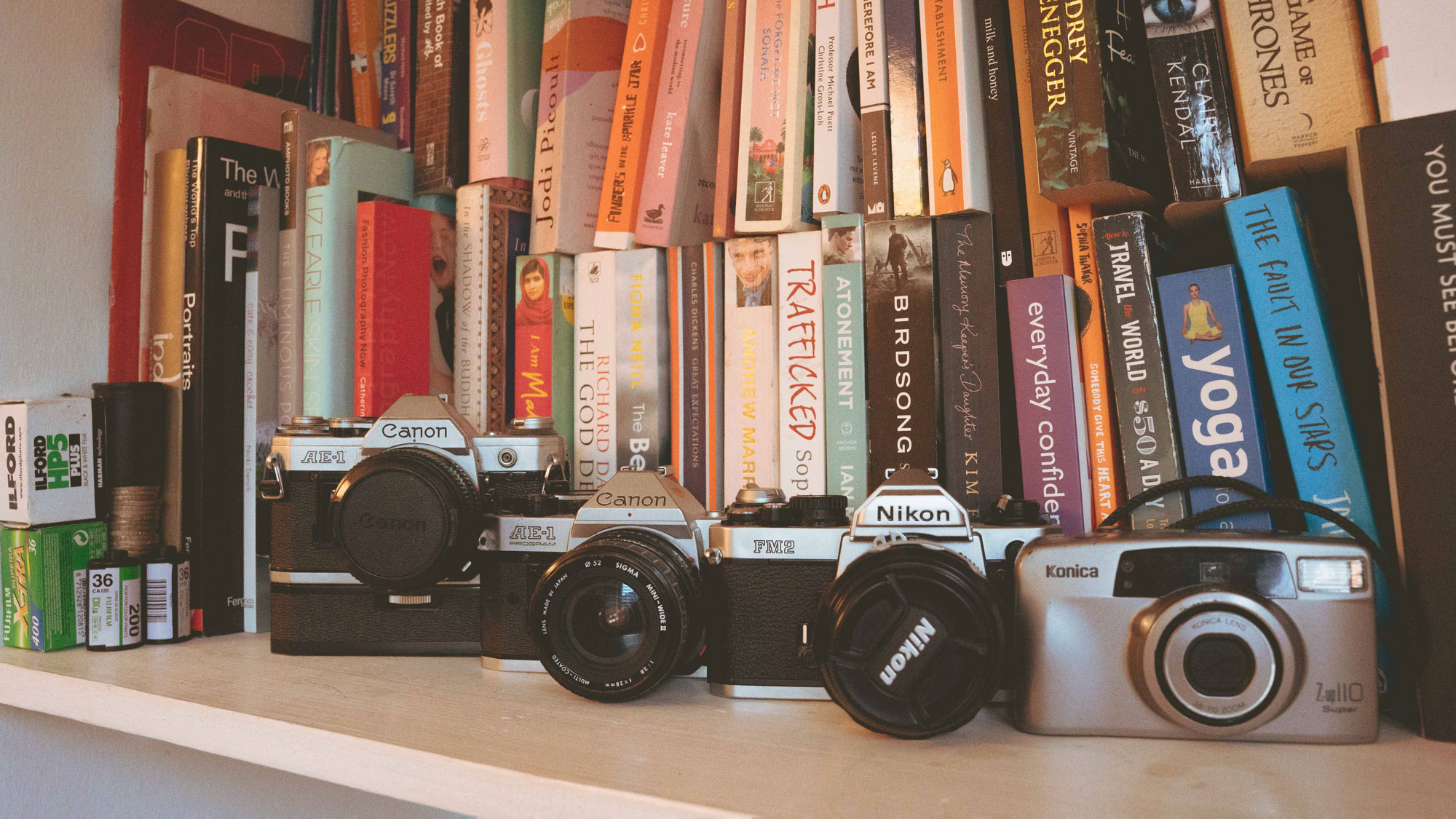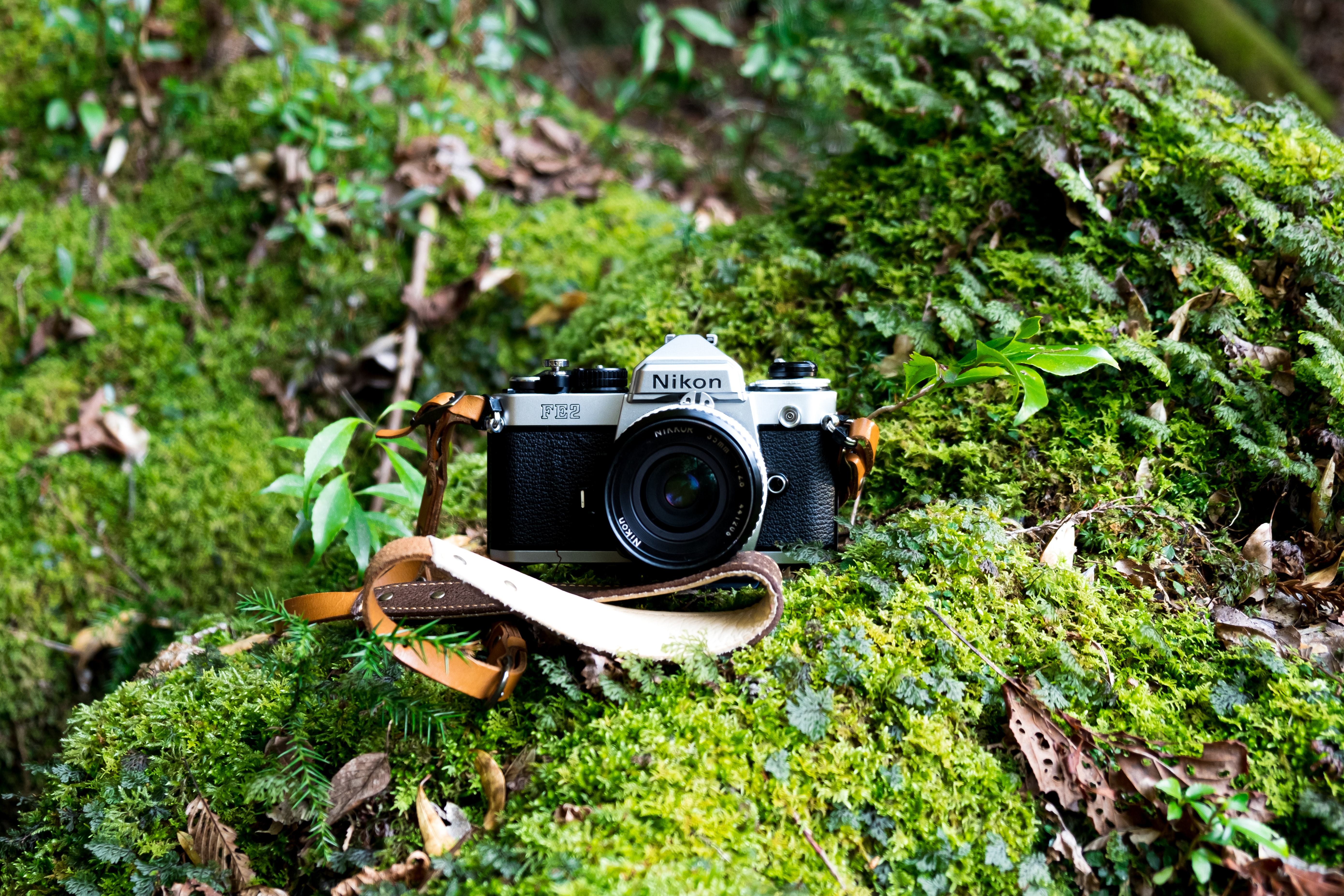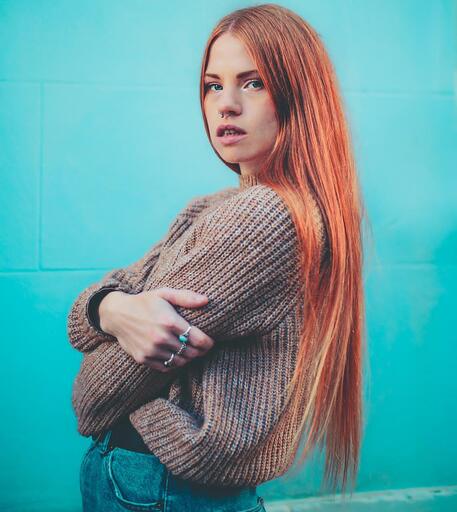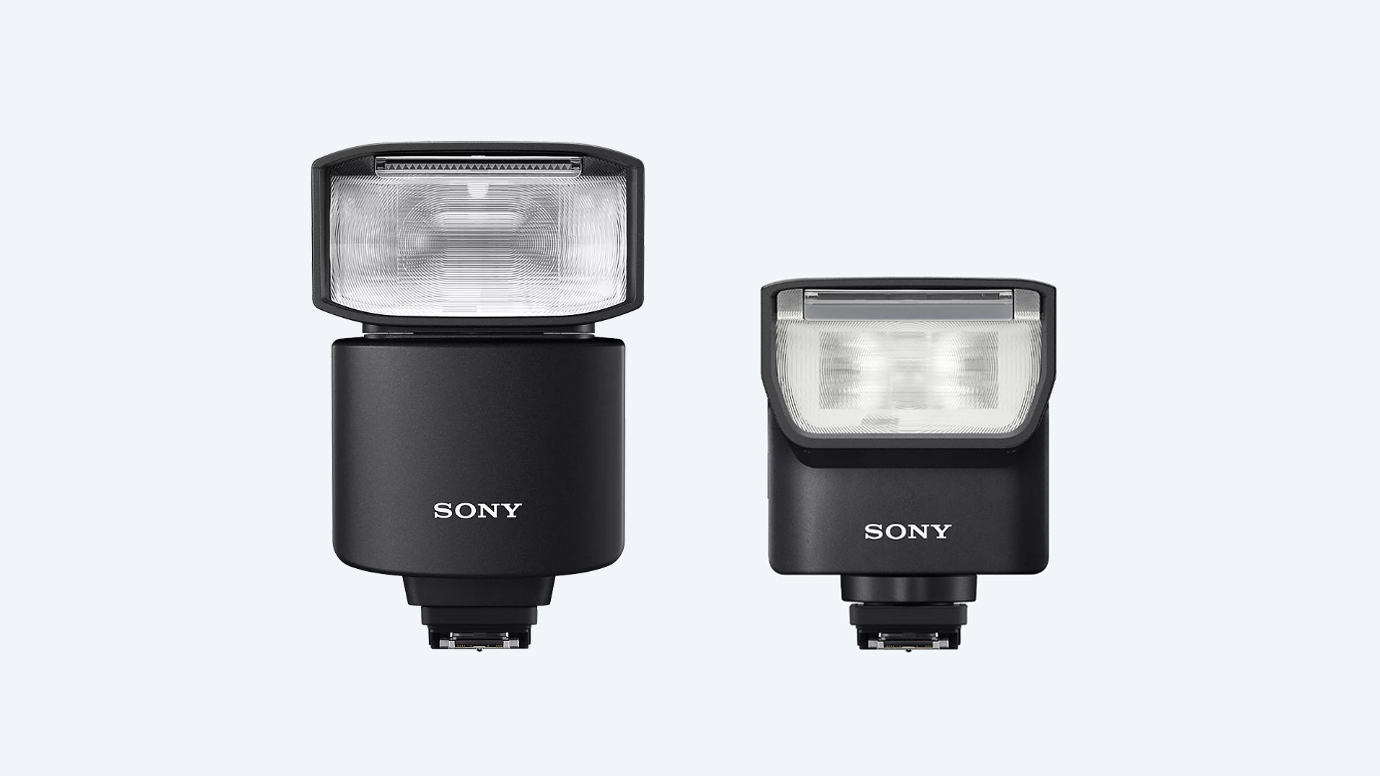Why aren't more of the big-name camera brands making modern film cameras?
If Canon, Sony, or Nikon started making film cameras I would definitely be interested – the only downside of vintage models is the lack of parts

Buying a vintage film camera is a risky business, you can't be guaranteed it works and the only way of finding out is by shooting a roll of film and getting it developed which can cost around $25-$30. Pentax recently announced that after a year of development, it has finished working on a brand new film camera prototype which got me thinking, why aren't more of the big brands making modern-day film cameras?
Aside from the cost, I love shooting film. Lucky for me I've never actually had to buy a film camera as I was very kindly gifted a Canon AE-1 and a Nikon FM2 while working at Wex Photo Video (one of the leading UK camera stores). But like a lot of photographers, I like to collect cameras and can't pass up a bargain when I see one. On multiple occasions, I've found an almost too-good-to-be-true bargain in a charity shop or car boot sale but have resisted the urge to invest just in case it doesn't work. The problem with old film cameras is that even if they work initially when they break it's often hard to come across the parts to fix them and as soon as there are no parts they become redundant ornaments.
• Check out the best film for 35mm cameras including black and white and, color film
There is clearly a demand for film cameras. Leica has seen a 900% increase in film camera sales in just 8 years and today film camera sales make up 30% of its total sales. It's not like you can't buy modern film cameras; there's the Kodak M35 (although the Amazon reviews aren't great) and the Ilford Sprite 35-II both of which replace the need for a disposable camera. Then there's the Kodak Ektar H35 half-frame camera which lets you shoot double the amount of photos on a single roll of film but it feels cheap and doesn't deliver the best quality images.

Almost all big camera manufacturers dedicate 100% of new developments to mirrorless cameras and lenses but surely there is a little bit of room to explore new territories? Once upon a time, Canon, Nikon and Olympus were the leading names when it came to 35mm SLRs. My ears would perk up if I caught wind of a modern film camera that combined a quality build with outstanding image quality and a vintage aesthetic.
Basically what I'm asking for is a film camera built to the same standard and with the same care as a film camera of the 1970s only with modern parts so it can easily be repaired. If Pentax can deliver and prove there is a demand, it would be wise for other manufacturers to follow suit especially since photographers can be fiercely brand loyal.
Unfortunately, camera manufacturers have been known to be slow to catch onto trends so even if the Pentax film camera is a success when it goes to market it could a few years before we see anything from the big names. Look at mirrorless cameras, the original Sony Alpha A7 was released in 2013 - the original Canon EOS R wasn't released until 2018, almost half a decade later.
Get the Digital Camera World Newsletter
The best camera deals, reviews, product advice, and unmissable photography news, direct to your inbox!
It will be interesting to see who takes to the new Pentax film camera (the name of which hasn't been released yet) if it does ever make it to the shelves. In October last year, Pentax announced it would be releasing four new film cameras in 2024 so this could be the first of many. Perhaps Pentax has finally found its niche and is on a one-way path to becoming the leading innovator in film cameras.

Having studied Journalism and Public Relations at the University of the West of England Hannah developed a love for photography through a module on photojournalism. She specializes in Portrait, Fashion and lifestyle photography but has more recently branched out in the world of stylized product photography. Hannah spent three years working at Wex Photo Video as a Senior Sales Assistant, using her experience and knowledge of cameras to help people buy the equipment that is right for them. With eight years experience working with studio lighting, Hannah has run many successful workshops teaching people how to use different lighting setups.
